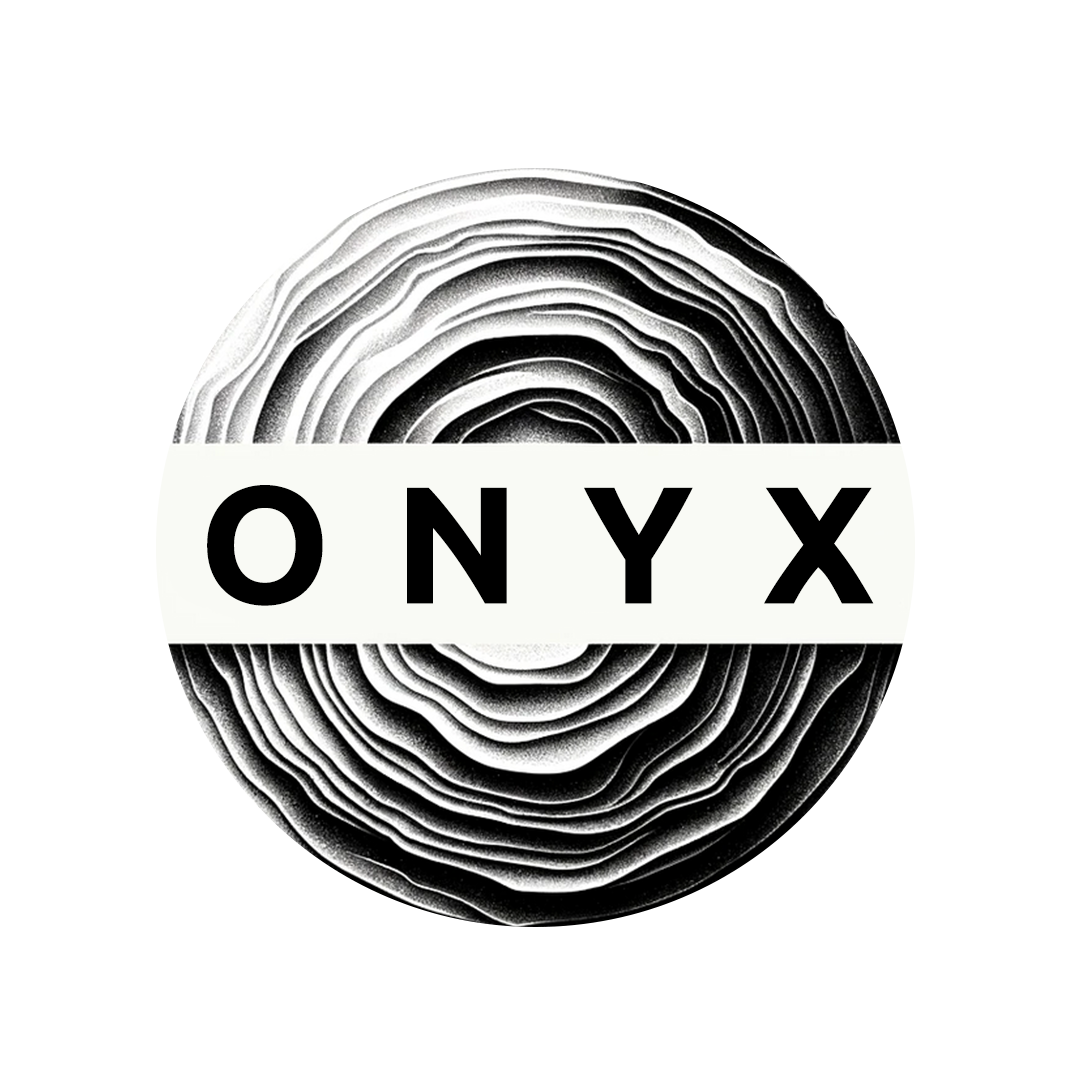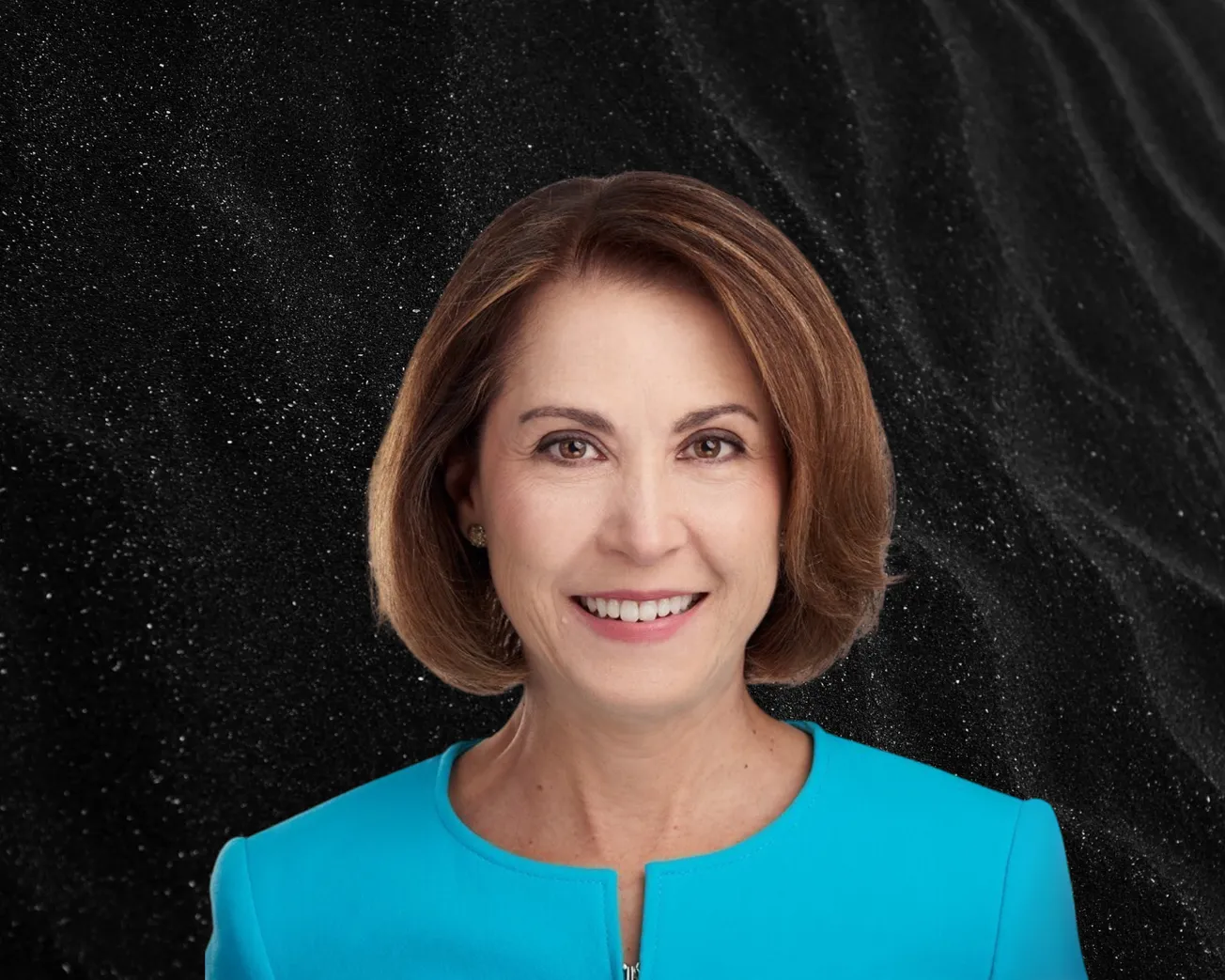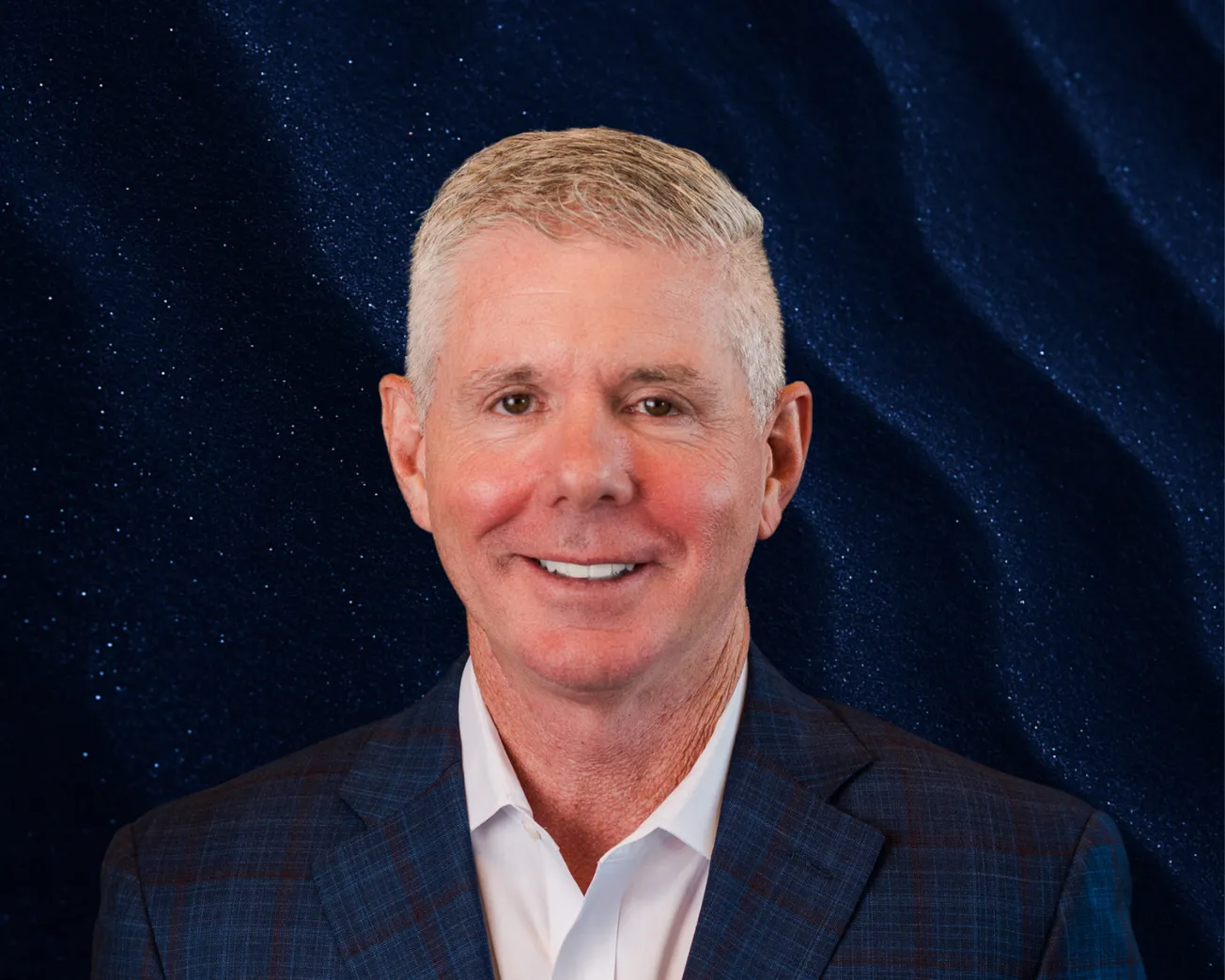Table of Contents
Kylie Nealis, Senior Program Manager for Climate Justice at B Lab™ U.S. & Canada, sat down with Onyx for a feature-length interview.
Could you walk us through your career so far and what led you to become a Senior Program Manager for Climate Justice at B Lab?
For me, this journey began in university. I participated in an undergraduate program that trained and prepared you for work in the social and environmental impact sector. As part of that program, I was engaged in a six-month, full-time, field study placement with a nonprofit environmental and human rights organization. Fast forward 20 years, that really set me on this career path in the nonprofit social and environmental sector.
Prior to my role at B Lab, which I've held for the last three years, I had the privilege of working for seven years in the fair-trade movement, at Fair Trade USA, leading their national advocacy program - Fair Trade Universities and Fair Trade Cities. Before that, I was with the Sierra Club's national office doing strategic planning work. However, where I really built my foundation in climate justice was working at a local human rights organization in the San Francisco Bay Area. There, I worked on the emerging global rights of nature framework, which, in 2010, was relatively new; as well as supporting communities in California to assert their rights over various corporate activities and local policies. That’s been my pathway.
What’s the current process for becoming B Corp™ certified?
The process is grounded in a rigorous set of standards and requirements. It's a very exciting time for us right now, as a global movement, because we're in the process of evolving those standards - by raising the bar and increasing the rigor of the process.
Let me speak first to the current version and then to the evolution. Right now, under Version 6, companies meet rigorous standards across three pillars: performance, accountability, and transparency. That includes completing the B Impact Assessment™ - commonly known as the BIA - and you must score a minimum of 80 points out of 200. This is verified through documentation and potential site visits.
In addition, companies must embed stakeholder governance into their legal and operational structures. That means decisions must consider the impact on workers, communities, customers, and the environment. In the United States, we often refer to this as benefit corporation status. That legal governance model is the foundation of the B Corp certification.
Companies re-certify every three years. As I said though, we’re evolving the standards. We've just come online with the final copy of the updated standards in April, and this is the seventh iteration since the founding of the B Corp movement. It removes the scoring system and introduces mandatory requirements across seven key impact topics: Purpose and Stakeholder Governance; Climate Action - the work I do; Environmental Stewardship and Circularity; Human Rights; Fair Work; JEDI (Justice, Equity, Diversity and Inclusion); and Government Affairs and Collective Action.
How does B Lab encourage businesses to take more inclusive approaches to decarbonization?
Up until now, it’s really been through net-zero commitments and the collective action aspect of companies that are involved in the B Corp climate movement. The work I do is centered around the B Corp Climate Collective. This is a group of hundreds of US- and Canada-based B Corps that have adopted rigorous approaches to climate action, all of which are centered around justice.
We used to hold our appraisals for net-zero commitments in house. We've now outsourced those to some external partners - SBTi and Climate Hub - to help us scale. But, I think, many B Corps understand that this certification is holistic. It's not exclusively focused on a single social, or environmental, issue.
My work is focused on ascertaining how we can leverage those companies that are particularly interested in climate - not just climate action, but climate action centered in justice and equity - and scale their impact through continuous improvement. For me, there's a lot of outreach involved. I design and launch programs to engage B Corps around topics like climate justice, carbon, developing resources and guides.
One of the marquee resources is the Climate Justice Playbook for Business - which you might have heard of.
Are most B Corps large companies, or are small and medium-sized businesses involved as well?
I'm glad you asked that because it's often a point of confusion. About 70% of global certified B Corps are SMEs - small and medium enterprises. In all, there’s a global certification number of around 10,000, and, in the US market, it’s about 2,600.
For me, they’re really the beating heart and soul of this movement: smaller- and medium-sized companies that are just interested in doing business in a different way. They're often very open to new ideas and to innovating their processes, and they really come at this from a foundational perspective of integrating within their communities.
Are there many agricultural companies that are pursuing B Corp certification?
That's an area where we've seen a lot of growth in recent years. The industries that spring to mind are coffee, cocoa, and various snack food brands. Especially in those industries, from my perspective, we see incredible opportunities with farmers and their workers for climate justice impact across the supply chain. We also see it in apparel, through relationships with cotton farmers.
Do SMEs face different challenges from larger companies when trying to engage in climate justice work?
Yes, I think a lot of small and medium enterprises face unique challenges in that they can often be more strapped for time and resources. That’s very real - especially in the US and Canadian market, where we have so many challenges surrounding us in the political landscape. A lot of companies are really focused on mission critical things - making sure they can get their products into the country and making sure they can operate.
A lot of those SMEs feel the need to tread cautiously, in terms of their bandwidth and capacity. We try to be mindful of that, by having different approaches as to how we engage leaders from larger companies as opposed to smaller ones and making sure that we do so in a way that is right for them.
What does climate justice mean to B Lab, and how is that put into practice?
For us, climate justice is one of our three impact pillars. The others are racial equity and stakeholder-driven economy. We use a definition that we've compiled through numerous interviews with frontline community leaders: climate justice calls us to place people and equity at the center of climate action and advocacy.
We recognize that the climate crisis has mostly been caused by those with economic power and privilege, while its effects fall disproportionately on historically marginalized and underserved communities. In the US and around the world, that mostly means people of color and low-income communities.
What's exciting is that B Corps already have collaboration, inclusion, equity, and positive impact as core values. They’re uniquely positioned to advance climate justice; not just through decarbonization, but by looking more holistically at their business models.
How do you measure a company’s progress toward climate justice?
Within the new standards, climate action includes very rigorous requirements. First, companies must set a science-based target, called Climate Action Impact #1. Then, they actively measure and reduce emissions. Lastly, they integrate just transition and enact either a climate transition plan, for smaller companies, or a framework, for larger ones.
The assurance model to support this is still in development, but re-certification will still occur on a three-year cycle. I also look at collective action - community partnerships; participation in programs; and innovative models. It’s harder to measure, but just as impactful.
Does B Lab work with academics to support or review your work?
Yes, we have a network called B Academics in the US and Canada, which involves academic institutions that partner with us. Some do research; others help to conceptualize our impact pillar work.
We also run B Impact Clinics at universities, where students are trained in B Corp certification and sustainable business. On the climate justice program side, we’ve worked with folks like Oxford and Forum for the Future. That academic-business-civil society collaboration is critical!
What metrics does B Lab encourage companies to use when measuring environmental impact?
They fall under the new Environmental Stewardship and Circularity standard. It includes environmental impact assessments; conservation, which includes things like water usage and pollution; and the holistic nature of supply chains.
What’s powerful about the new standards is that we’re treating environmental stewardship and circularity as being just as important as climate action. It’s about operating within planetary boundaries.
Are you seeing some industries progress more quickly than others?
I really look at where there would be the highest potential for community-level impact. This past year, we’ve done a lot of work on our Principles for Partnership with Frontline and Impacted Communities framework - seven principles that guide B Corps on how to be in a better relationship with communities, centering local wisdom, resource distribution and equitable governance.
We’re also seeing some great movement in finance. We’ve engaged B Corp-certified banks, asset managers, and retirement plan firms, to provide expert coaching on how to engage in climate finance - how to shift money from fossil fuel-tied institutions towards more climate-friendly solutions.
What advice do you typically give companies looking to get involved in climate justice?
We always start with the need for a mindset shift. In the Climate Justice Playbook for Business, we have a diagram that walks companies through moving from a traditional corporate mindset of extraction and exploitation towards a regenerative, equitable, and holistic model.
You can't do this work alone. This isn't a business-centered solution. It takes everyone - academia, civil society, activists, supply chains and peers.
How do you see B Lab’s role evolving over the next decade?
I see B Lab becoming a leader in what it means to raise the bar on business performance for a sustainable future. The evolution of the standards is critical - we're asking B Corps to not only focus on what they’re comfortable with, but to meet rigorous requirements across all seven topics.
I think B Corps can really pave the way in how we partner with communities and frontline voices. Climate finance is another innovative area. And, last but not least, continue providing inspiration. B Corps can be a model for how business can move from more myopic decision-making to something more holistic.
Are there any books you’d recommend to someone interested in this space?
One that I really love is Rebecca Solnit’s Not Too Late - it’s about centering hope in the climate fight.
But, more than books, I’d point people towards some of our publications. The Business Guide to Advancing Climate Justice is robust - about 70 pages - and packed with concrete, tangible steps. Our Principles for Partnership framework is another great one, and our Climate Finance Guide takes companies through concrete steps to move their money to help maximize climate impact.
Do you expect the B Corp movement to grow globally?
I’m mostly US- and Canada- focused, but, globally, we’ve got strong partners in Europe, Latin America, Africa, Australia and New Zealand. However, I do think there’s a real need for further expansion in Latin America and Africa. There’s huge potential in community-business partnerships for advancing climate justice in the Global South.
Any final advice for aspiring executives hoping to get certified?
Make sure you have leadership buy-in! That’s step one. Then dig into the standards - everything is publicly available. We’ve also launched a series of impact collaborative events with seven impact topic guides. Also, reach out to other B Corps.
Peer-to-peer collaboration is at the heart of this movement. Individually, we don’t know everything, but together, we know a ton!







Comments